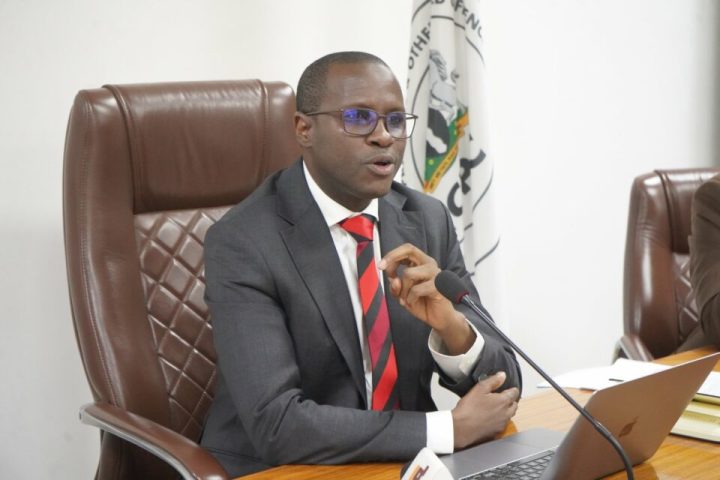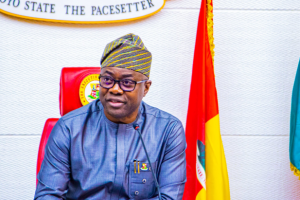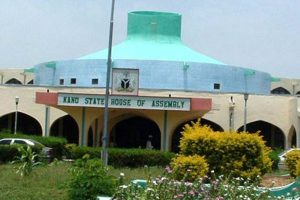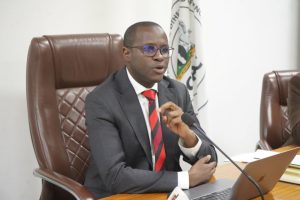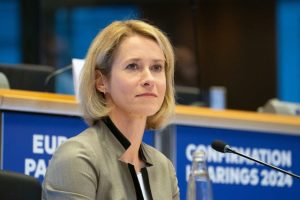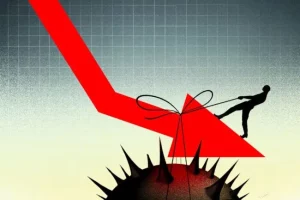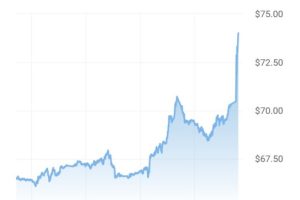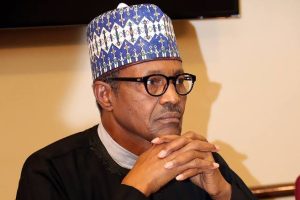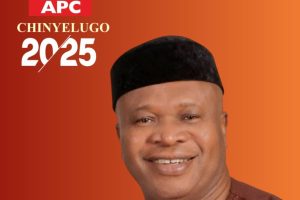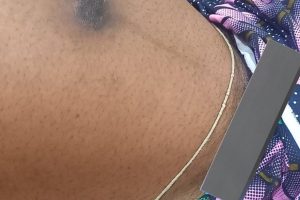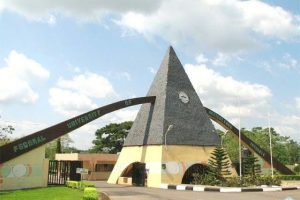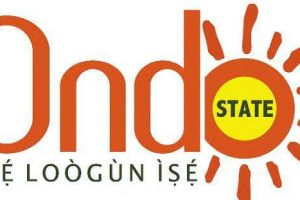Featured
Latest News

July 18, 2025
add comment
Tinubu appoints Babangida’s son, eight others President Bola Tinubu has approved the appointment of Muhammad Babangida as...
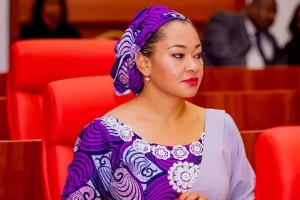
Natasha announces new date to return to Senate
July 17, 2025
add comment
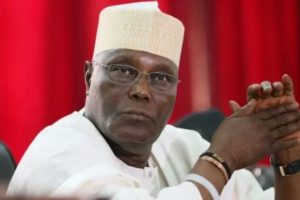
PDP chieftain says Atiku’s exit ‘good riddance’
July 17, 2025
add comment

July 18, 2025
add comment
Nollywood actress and singer, Angela Okorie, has finally broken her silence and taken a reflective stance amid...

July 18, 2025
add comment
The Borno State Government has warned parents against reselling Ready-to-use Therapeutic Food donated by the United Nations...

July 18, 2025
add comment
Inter Milan’s sporting director, Piero Ausilio, has provided key updates on the club’s transfer activity, making it...

Yamal takes iconic Barcelona number 10 shirt
July 16, 2025
add comment

July 18, 2025
add comment
The United States Embassy in Nigeria has issued an important reminder to Nigerian travellers, clarifying that the...

June 28, 2025
add comment
The African Export-Import Bank has sealed a partnership deal with the Creative, Reality, Entertainment, Arts and Music...

July 16, 2025
add comment
Nnamdi Azikiwe University, Awka, (UNIZIK), will be appointing a substantive Vice Chancellor few months from now when...

July 18, 2025
add comment
The Nigeria Centre for Disease Control and Prevention, on Thursday, issued a public health alert warning of...

Tongue and Mouth Early Signs of HIV
July 12, 2025
add comment
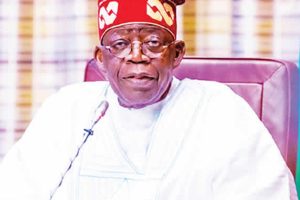
Probe Calabar hospital CMD Group Tells Tinubu
July 4, 2025
add comment

July 15, 2025
1 comment
The University of Calabar has ordered over 300 students from its Dentistry Department to leave the institution...



